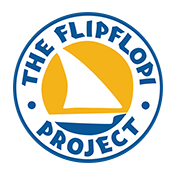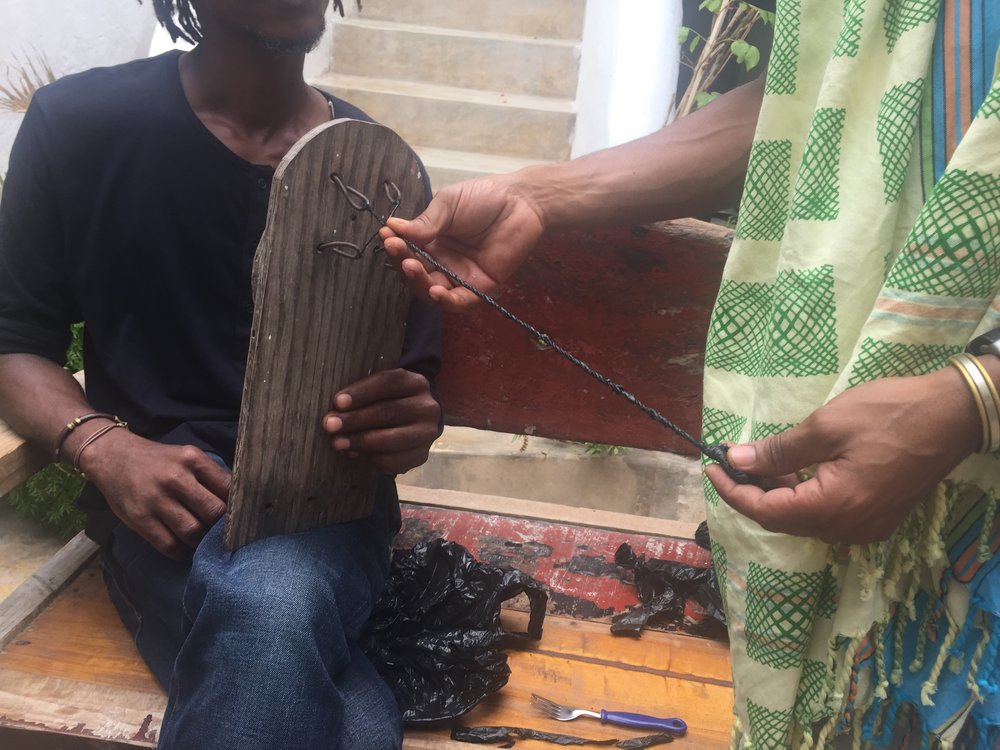Lamu's "Paper" Bags
“Madam, would you like a paper bag?” The shop owner where I buy my fruits in Shela, on Lamu Island asks me. Happily surprised I answer, “yes!” Subsequently, he packs my fruits in a plastic bag. Next shop where I buy milk I am asked the same question…”can I wrap it for you in a paper bag?”
Over the last four weeks when I had the privilege to stay on the beautiful Lamu Island, I learned that the word “paper bag” has exactly the same meaning as “plastic bag” for the local people. The magnitude of a plastic awareness campaign starts to sink in…
I decided to go around the island and look for local initiatives dealing with plastic. I met some wonderful inspirational people who started plastic recycling initiatives but have been struggling hard to make their projects work after the reduction of trade and tourism in Lamu. Here are just a few and I am sure there are more…
Meet the women of the plastic recycling and management group who have started a small plastic recycling plant at the far end of Lamu town. They collect plastic, cut the plastic and are looking for an entry into the main plastic recycling market on the main land to sell their products:
Unfortunately the plastic bottles keep on piling up, as they continue looking…
Meet Omari (nickname Lion) who works with a women’s group who he taught how to make ropes out of plastic bags with a simple invention he made together with a friend.
The group used to sell baskets and bags, all made out of plastic ropes. He also runs a (free) small school for 30 children from the women’s group located behind the compound of Ali Skanda, where our Flip Flopi dhow is being built. At the school he teaches swimming, music and environmental education. When I visited his school, I discovered that part of the school wall is built of out of plastic bottles found on the beach!
One morning, at the break of dawn around 5.30am, on my early morning beach walk in Shlea, I found the local community gathering at this early hour - I wonder why. Following them I discovered that a beach clean-up is starting. Later in the afternoon one can see the donkeys passing in the streets with the plastic garbage collected from the beach…And two days later the group is collecting again!
On one of my last days, I jumped on a boat to visit Ali Skanda, the famous dhow builder of the FlipFlopi. He took me around the dhow building site, where we climbed on impressive dhows and he explains to me in detail how the plastic dhow will be built. His passion and love for the building process of traditional dhows and his commitment to make a difference in the world of plastic pollution is so inspiring. I feel humbled to have met him. If you ever have a chance to visit him and his dhow building site, please do so!
On an island suffering from tremendous plastic pollution, it was a powerful and encouraging experience to meet the local people committed to make a difference in whatever small way they can…








